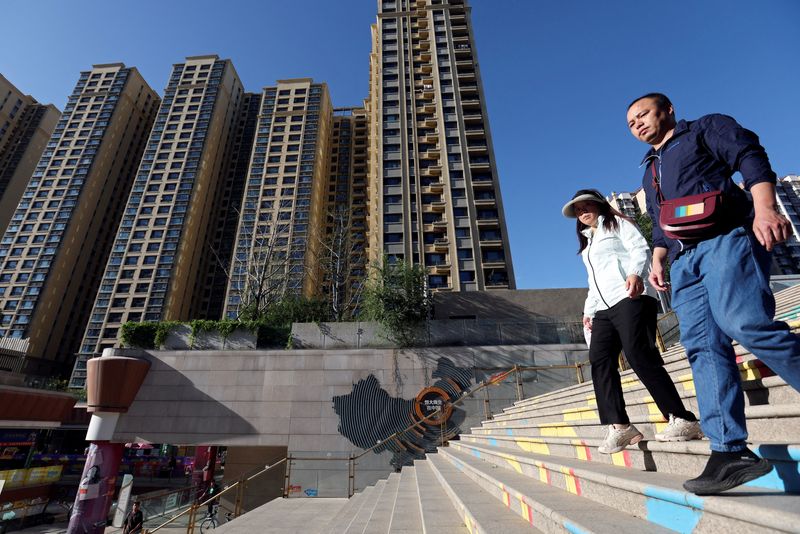Analyzing the Impact of China’s Stimulus Package on the Property Sector
The recent announcement of China’s stimulus package has ignited hopes within the property sector, but whether it will restore confidence remains uncertain. The stimulus plan, aimed at boosting economic growth and stabilizing the market amid global uncertainties, has the potential to drive growth in the real estate industry. However, several factors need to be considered to assess the actual impact of the stimulus on the property sector.
Firstly, the extent to which the stimulus package addresses key issues affecting the real estate market will determine its effectiveness. China’s property sector has been facing challenges such as oversupply, high debt levels, and cooling demand. The stimulus measures must directly tackle these issues to bring about sustainable growth in the property market. By providing support for developers, encouraging investment, and improving market liquidity, the stimulus package could help address these underlying problems.
Moreover, the implementation of the stimulus measures and the effectiveness of policy execution will play a crucial role in determining their impact on the property sector. Clear and transparent guidelines, efficient allocation of funds, and timely implementation of measures are essential to ensure that the stimulus package reaches the intended recipients and achieves its objectives. This will help build confidence among investors and developers, leading to increased activity in the real estate market.
Additionally, the response of market participants to the stimulus package will influence its success in revitalizing the property sector. Developers, investors, and homebuyers will react differently to the stimulus measures based on their expectations, risk perceptions, and market conditions. It is important to monitor how various stakeholders in the property sector respond to the stimulus and whether it translates into increased investment, development, and demand for real estate.
Furthermore, external factors such as global economic trends, trade relations, and market volatility will also impact the effectiveness of China’s stimulus package in supporting the property sector. As the property market is interconnected with the broader economy, external factors can amplify or dampen the effects of the stimulus measures on real estate activities. It is crucial to consider these external influences and adapt the stimulus policies accordingly to mitigate risks and promote sustainable growth in the property sector.
In conclusion, while China’s stimulus package holds promise for the property sector, its overall impact will depend on a combination of factors including the extent to which it addresses key market issues, the effectiveness of policy implementation, market participants’ response, and external influences. By carefully evaluating these factors and monitoring developments in the property market, stakeholders can gain insights into the potential outcomes of the stimulus measures and make informed decisions regarding their investments and strategies in the real estate industry.



